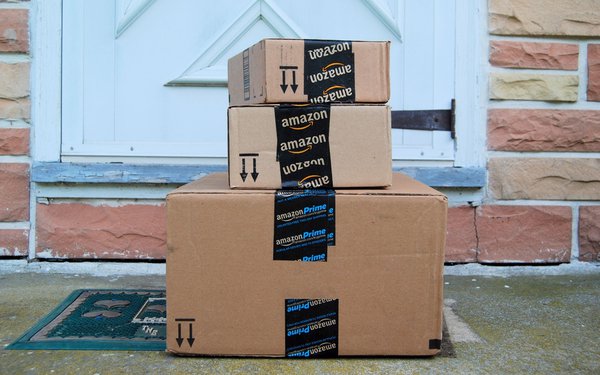
Amazon announced Wednesday a Counterfeit Crimes Unit
dedicated to find and prosecute counterfeiters who violate the law. The team consists of former federal prosecutors, experienced investigators, and data analysts. The goal is to drive counterfeit
product sales and listings to zero.
The marketplace last year invested more than $500 million and had more than 8,000 employees fighting fraud, including counterfeit.
The company said its efforts have blocked more than six billion suspected bad product listings in 2019 and blocked more than 2.5 million suspected bad actor accounts before they were able to make a
product available for sale.
Amazon said it will work with independent investigations and aid law enforcement officials worldwide in criminal actions against counterfeiters. The unit will mine
Amazon's data, collect information from external resources such as payment service providers, and leverage all assets to connect the dots.
advertisement
advertisement
Research from the Organization for Economic
Co-operation and Development published in March 2019, estimates the value of trade in counterfeit goods at $509 billion.
Incopro, a company that uses technology to stop undesirable practices
across the internet, has been grappling for years with the challenge of counterfeit products, phishing for data, and companies selling products that breach regulations.
For example, in the
U.S. it might be okay to sell unboxed products without user instructions, whereas in Europe it's not, said Simon Baggs, CEO of Incopro. "People will buy multiple products in one box from companies in
countries where they can find it for less money and then sell them as individual items, he said.
When consumers use typical terms to find products and brands online, up to 60% of the search
results returned are for websites and other locations that offer consumers products that either are counterfeit or infringe brand owner rights, according to Incopro data released late last year.
"Until recently Google wouldn't respond to requests for counterfeit removal because there was no law in the U.S. that required them to do so," Baggs said. "Typically a counterfeit good infringes on
the trademark. ... Google maintains that because there was no law they couldn't remove it unless the company had a legal obligation."
Google earlier this month began allowing the removal of
counterfeit goods from search results in the organic and free listings. This is similar to the DMCA process where a request is required to remove stolen copyright content.
The company,
however, will only remove the page in which the product appears and not the entire website, Baggs said.
Google Ads already prohibits counterfeit products from being advertised on the search
engine, but the content needed to contain an exact or similar trademark or logo identical to the original product.
Social media sites like Facebook have been removing counterfeit goods for
years, Baggs said, adding that “it just takes a letter for removal.” They won’t police their platform, but they will respond to companies that do.